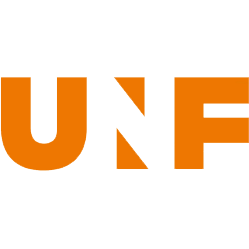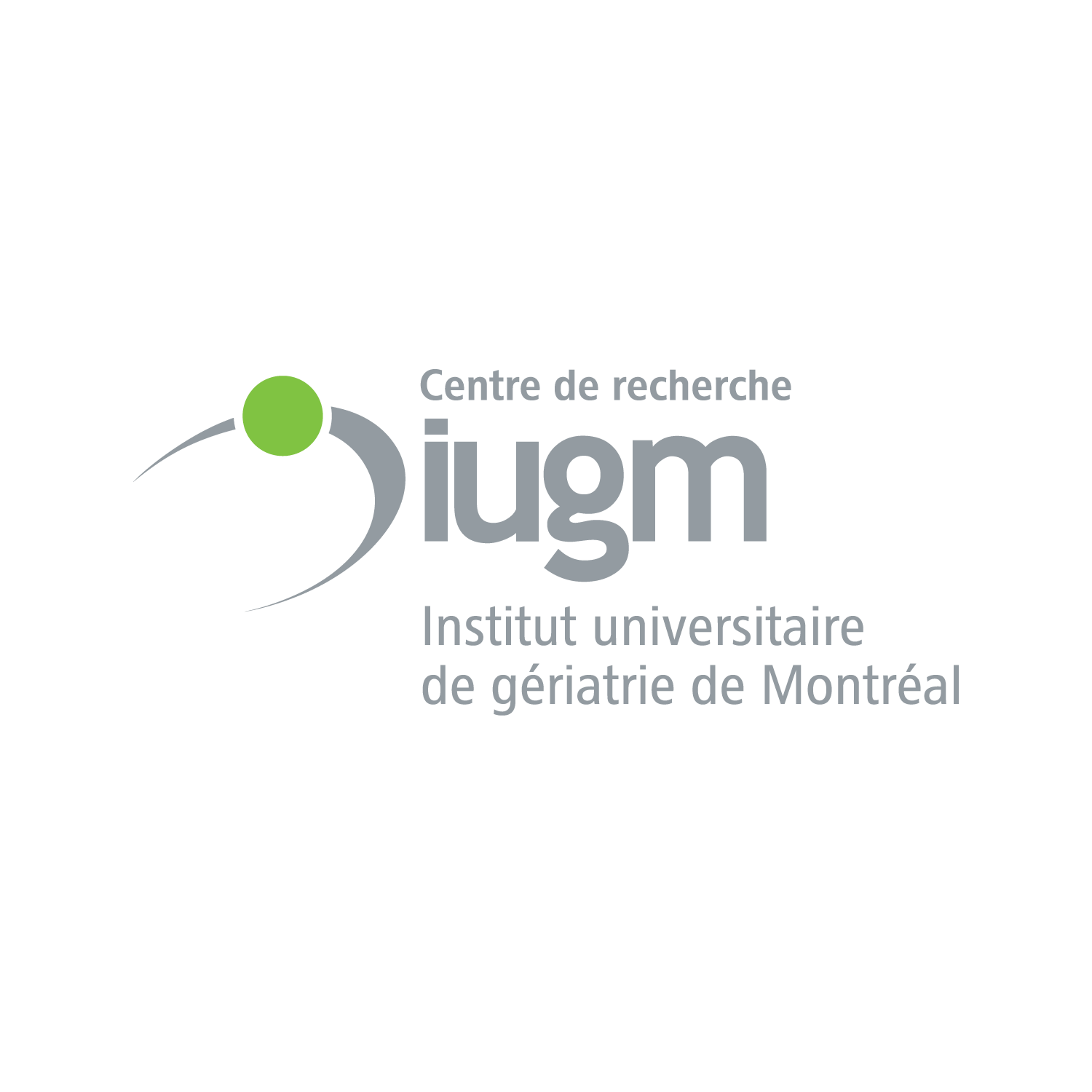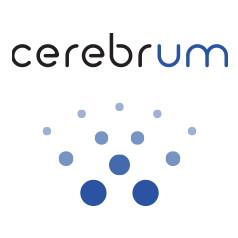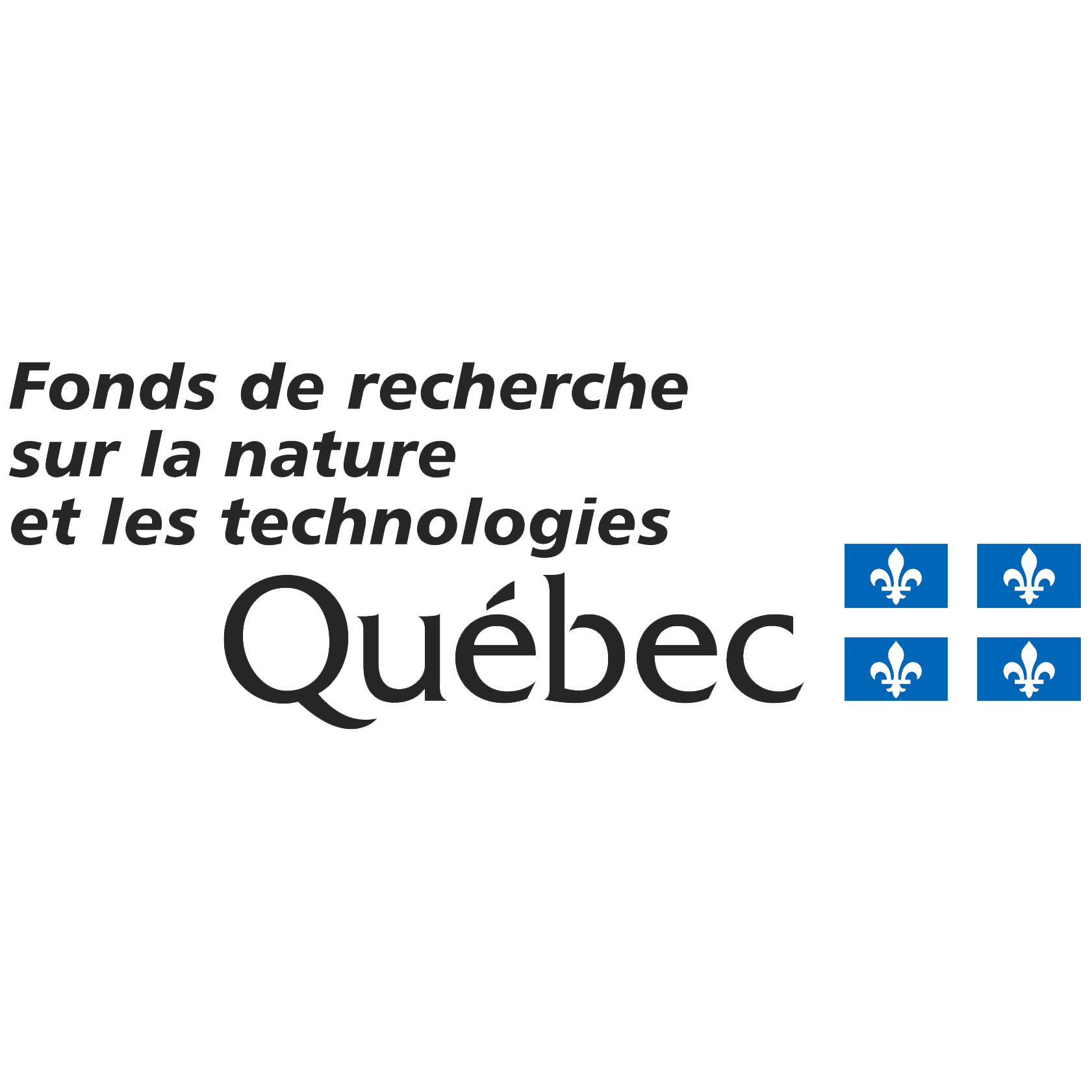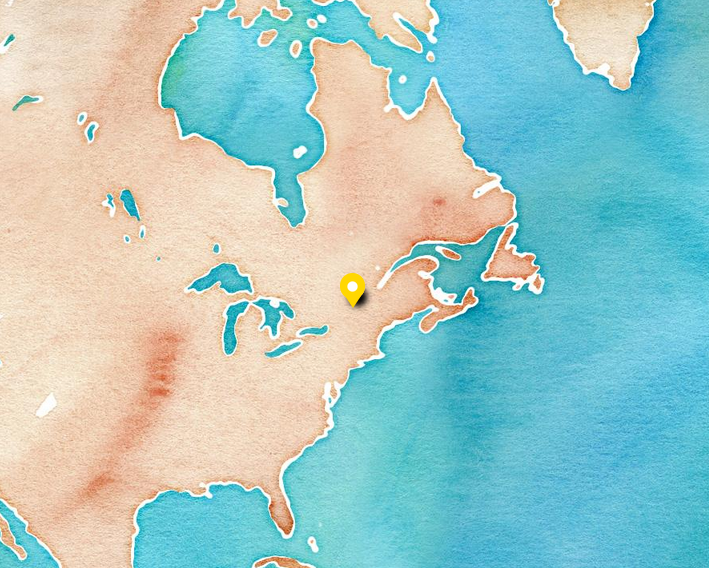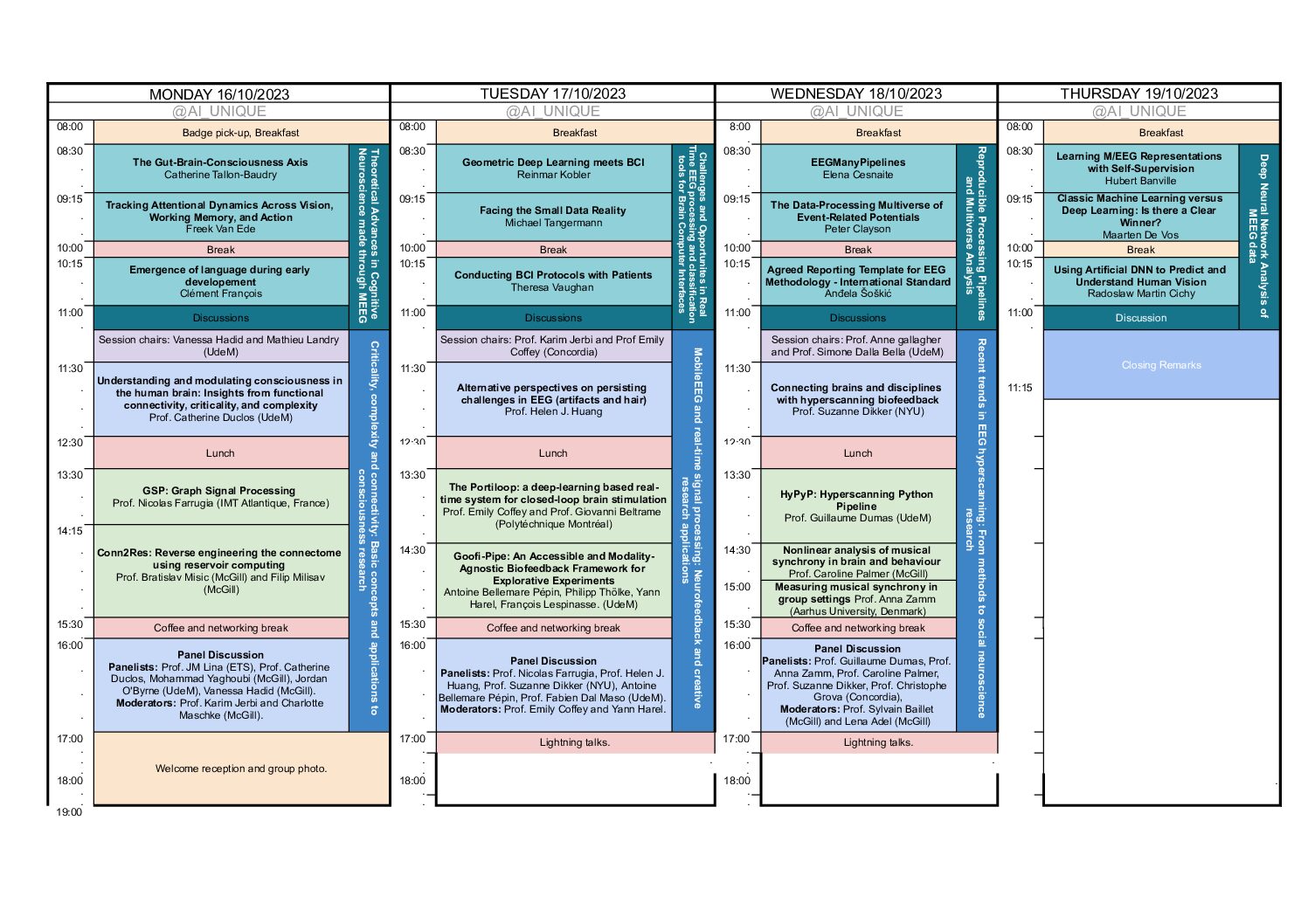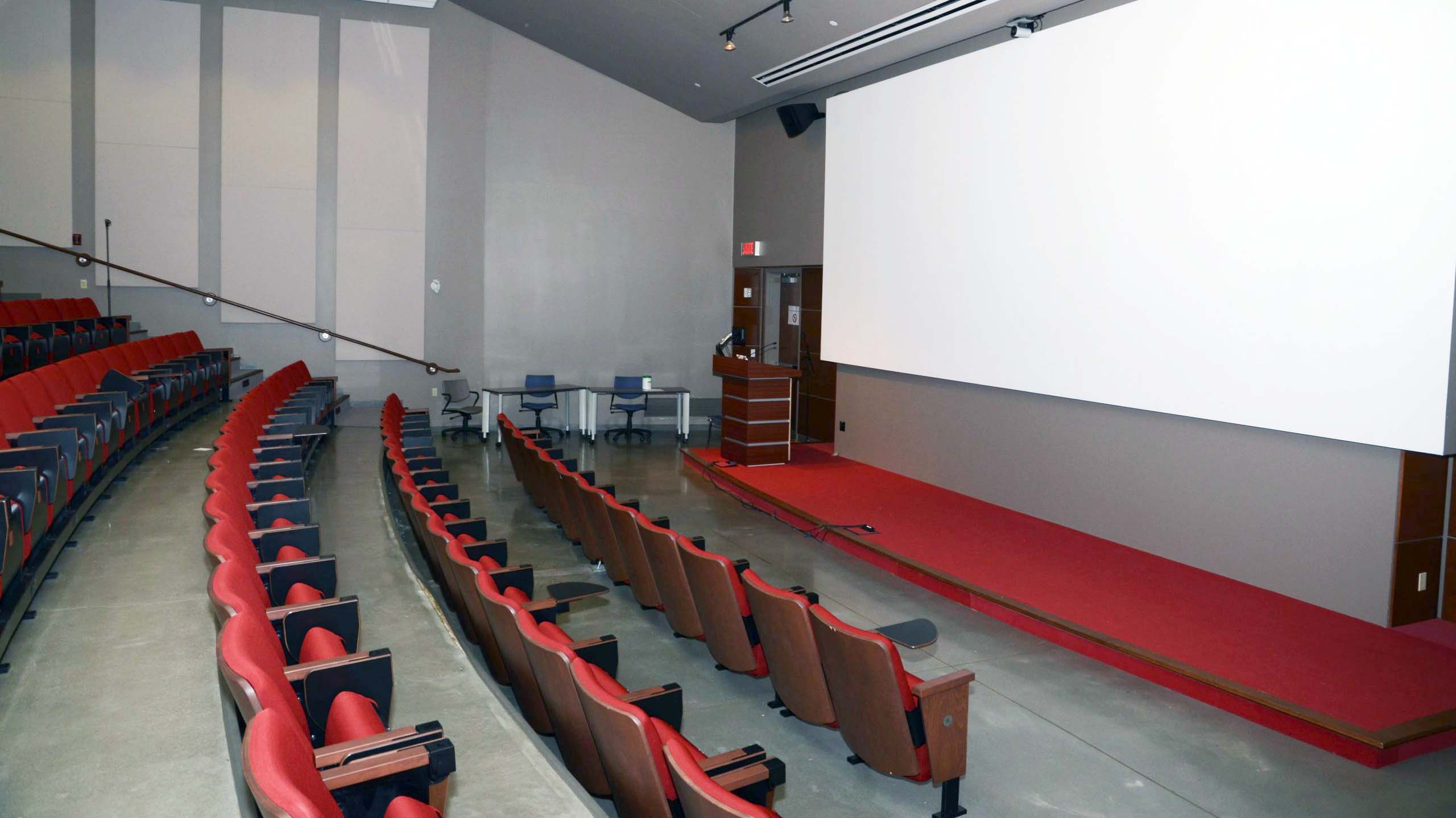Garden:
Montreal, Quebec, Canada



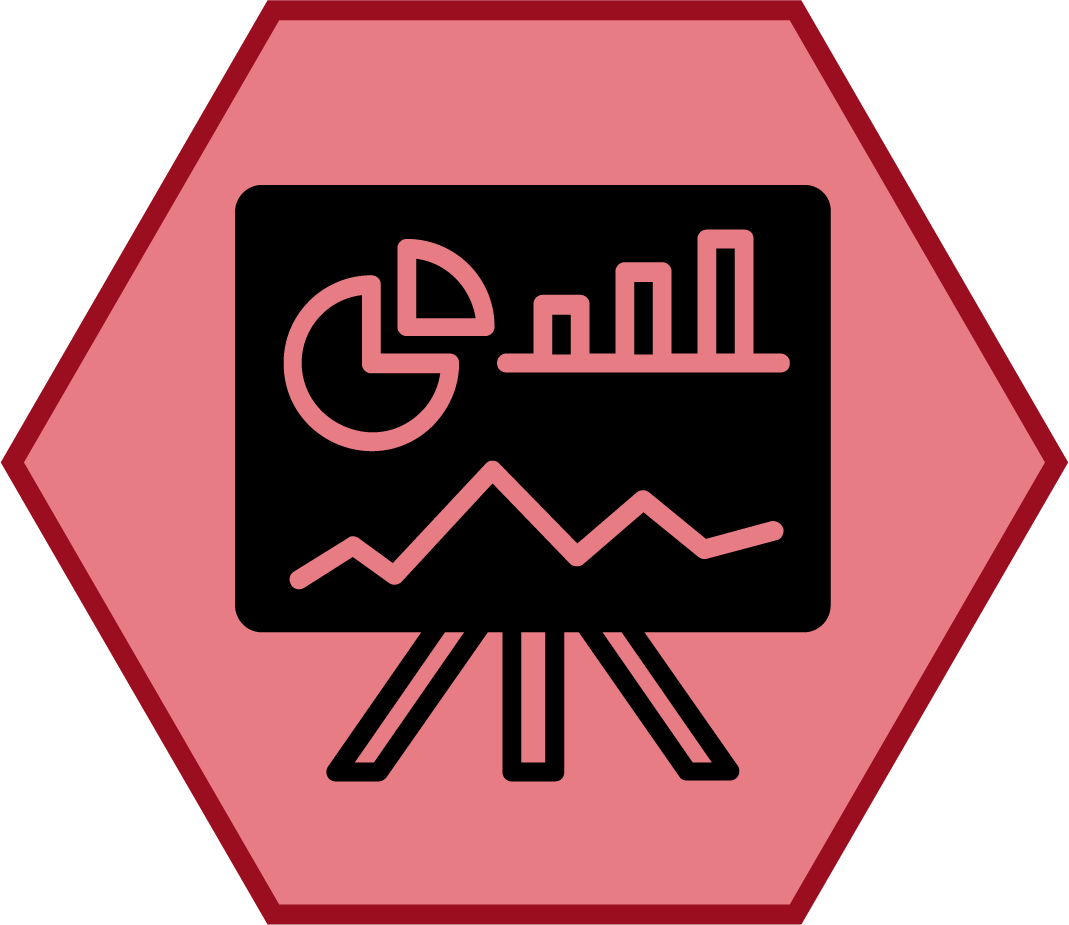
About
The Montreal Garden will bring together experts and enthusiasts studying the brain using M/EEG. Through lectures, tutorials, demonstrations, and poster sessions participants will gain valuable insights into cutting-edge advancements across a wide range of hot topics in our field. We look forward to welcoming you in our garden!
Topics
Day1: Criticality, complexity and connectivity: Basic concepts and applications to consciousness research.
Day2: MobileEEG and real-time signal processing: Neurofeedback and creative research applications.
Day3: Recent trends in EEG hyperscanning: From methods to social neuroscience research.

Keynote Speakers
Prof. Catherine Duclos (Université de Montréal).
Prof. Helen J. Huang (University of Central Florida).
Prof. Suzanne Dikker (New York University).

Tutorials and Demos
Day1: Conn2Res: Reverse engineering the connectome using reservoir computing.
Day2: The Portiloop: a deep-learning based real-time system for closed-loop brain stimulation; Goofi-pipe: An Accessible and Modality-Agnostic Biofeedback Framework for Explorative Experiments.
Day3: HyPyP: Hyperscanning Python Pipeline.
Local Program
Registration
Venue
contact
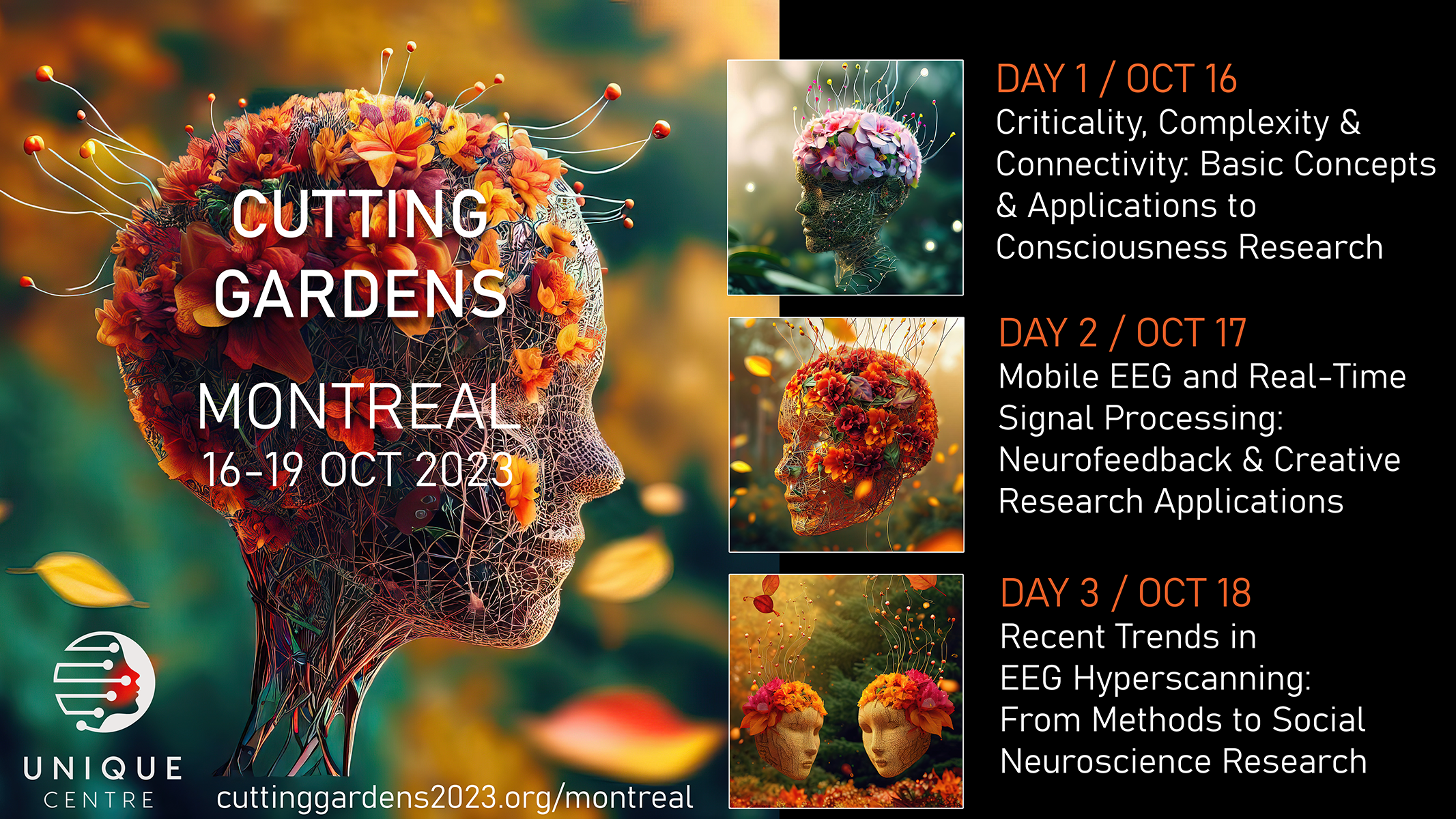
Local program
Global - Plenary lecture
Local - Lectures
Local - Tutorials
Local - Food / Lightning talks
Local - Social
Local - Satellite Event
Program details
MONDAY 16th
Monday 16 October 2023: Criticality, complexity and Connectivity: Basic concepts and applications to consciousness research
11:30 – 12:30 : Understanding and modulating consciousness in the human brain: insights from functional connectivity, criticality, and complexity by Prof. Catherine Duclos (UdeM)
12:30 – 13:30 : Lunch
13:30 – 14:15 : GSP: Graph Signal Processing by Prof. Nicolas Farrugia (IMT Atlantique, France).
14:15 – 15:30 : Conn2Res: Reverse engineering the connectome using reservoir computing by Prof. Bratislav Misic (McGill)
15:30 – 16:00 : Coffee break and Networking
16:00 – 17:00 : Panel discussion
17:00 – 19:00 : Poster session and Welcome reception
TUESDAY 17th
Tuesday 17 October 2023: MobileEEG and real-time signal processing: Neurofeedback and creative research applications
11:30 – 12:30 : Alternative perspectives on persisting challenges in EEG (artifacts and hair) by Prof. Helen J. Huang
12:30 – 13:30 : Lunch
13:30 – 14:30 : The Portiloop: a deep-learning based real-time system for closed-loop brain stimulation by Prof. Emily Coffey (Concordia) and Prof. Giovanni Beltrame (Polytechnique Montreal)
14:30 – 15:30 : Goofi-pipe: An Accessible and Modality-Agnostic Biofeedback Framework for Explorative Experiments by Antoine Bellemare Pépin, Philipp Thölke, Yann Harel, François Lespinasse. (UdeM)
15:30 – 16:00 : Coffee break and Networking
16:00 – 17:00 : Panel discussion
17:00 – 18:00 : Poster session
WEDNESDAY 18th
Wednesday 16 October 2023: Recent trends in EEG Hyperscanning: From methods to social neuroscience research
11:30 – 12:30 : Connecting brains and disciplines with hyperscanning biofeedback by Prof. Suzanne Dikker (NYU)
12:30 – 13:30 : Lunch
13:30 – 14:30 : HyPyP: Hyperscanning Python Pipeline by Prof. Guillaume Dumas (UdeM)
14:30 – 15:00 : Nonlinear analysis of musical synchrony in brain and behaviour by Prof. Caroline Palmer (McGill)
15:00 – 15:30 : Measuring musical synchrony in group settings by Prof. Anna Zamm (Aarhus University, Denmark)
15:30 – 16:00 : Coffee break and Networking
16:00 – 17:00 : Panel discussion
17:00 – 18:00 : Poster session
Keynote Speakers
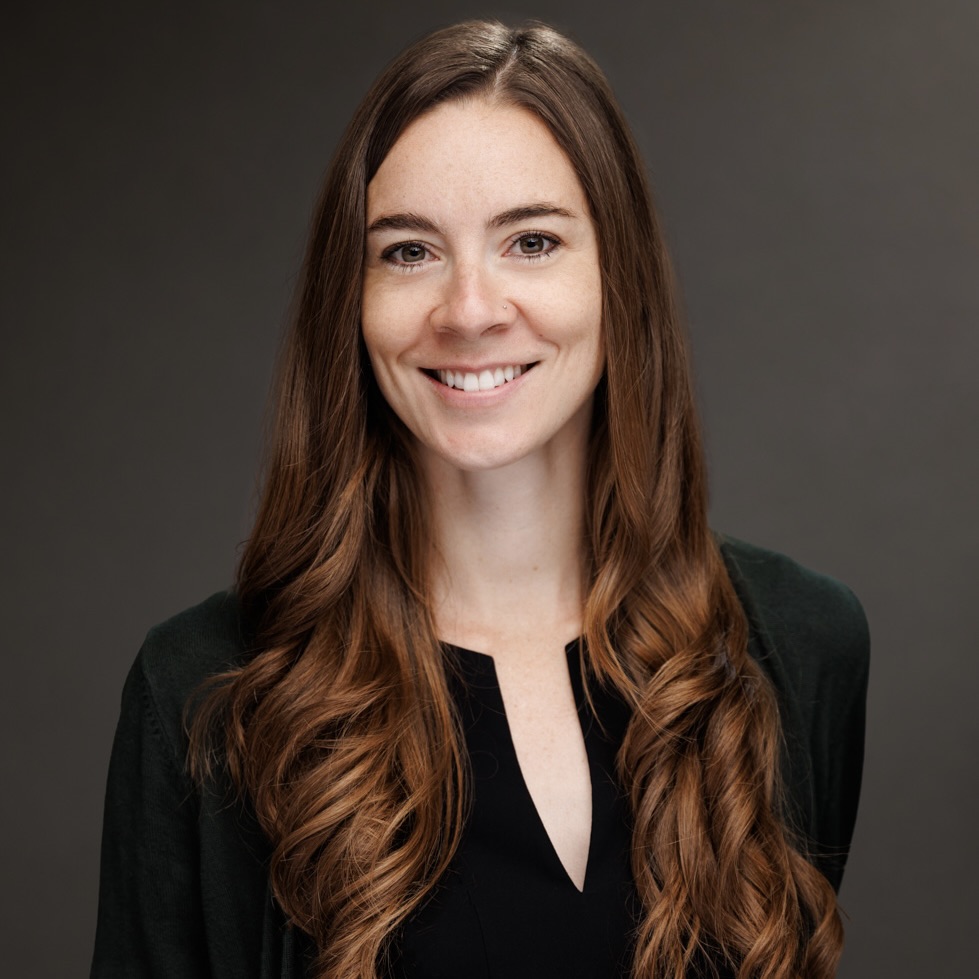
Catherine Duclos
Université de Montréal

Suzanne Dikker
New York University
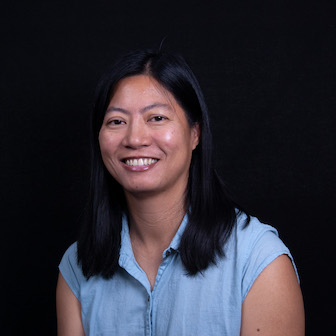
Helen J. Huang
University of Central Florida
Speakers and Panelists

Giovanni Beltrame
Polytechnique Montréal
Speaker
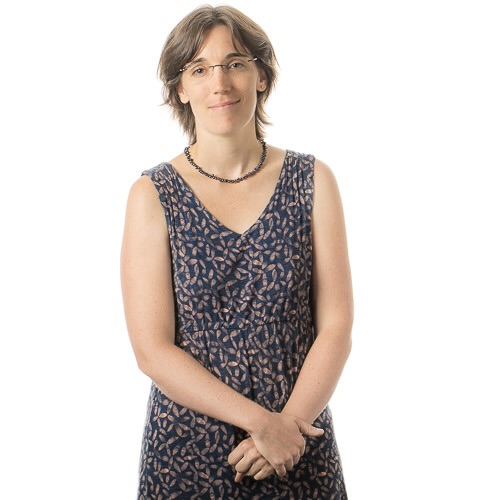
Emily Coffey
Concordia University
Speaker
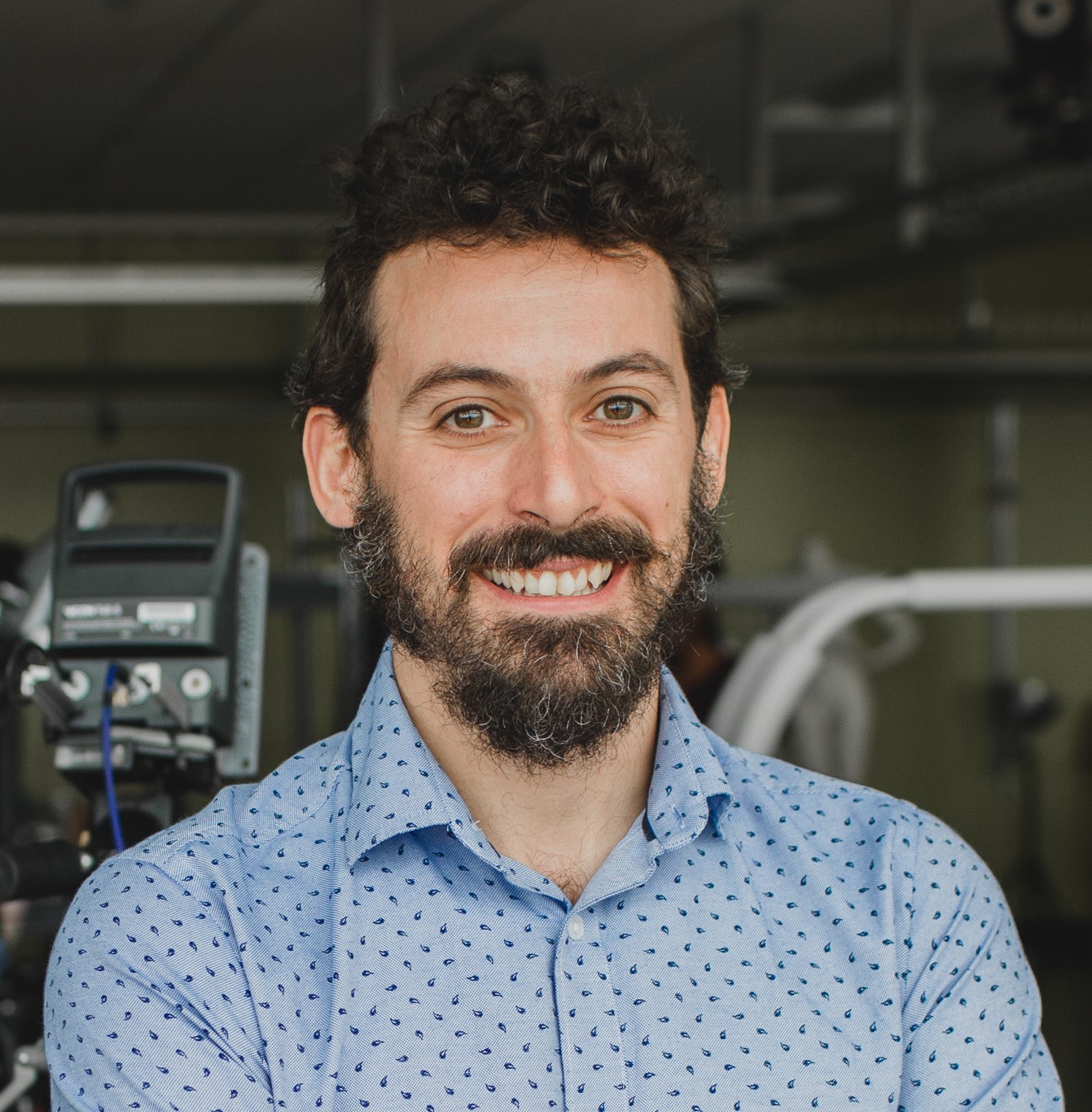
Fabien Dal Maso
Université de Montréal
Panelist

Suzanne Dikker
New York University
Panelist

Catherine Duclos
Université de Montréal
Panelist
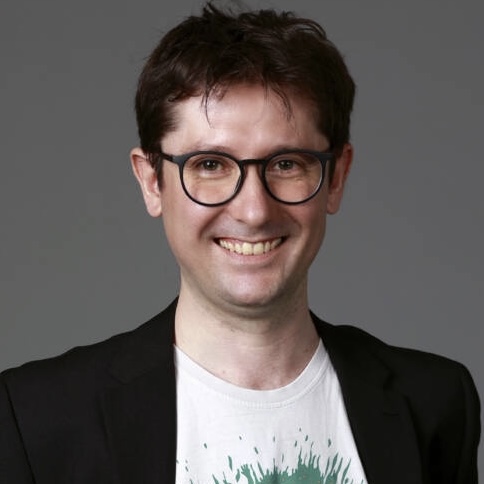
Guillaume Dumas
Université de Montréal
Speaker / Panelist

Nicolas Farrugia
IMT Atlantique
Speaker / Panelist
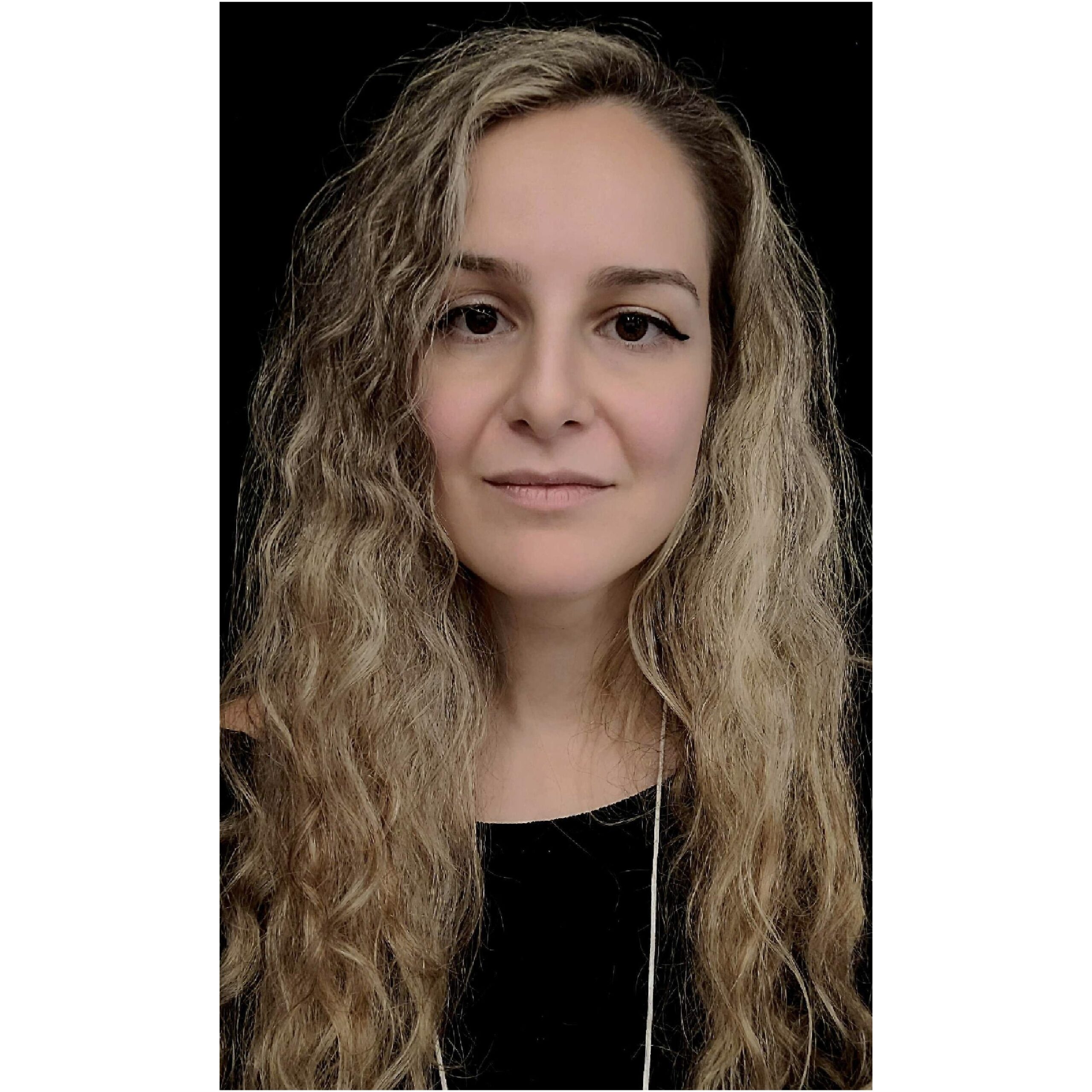
Vanessa Hadid
McGill
Panelist
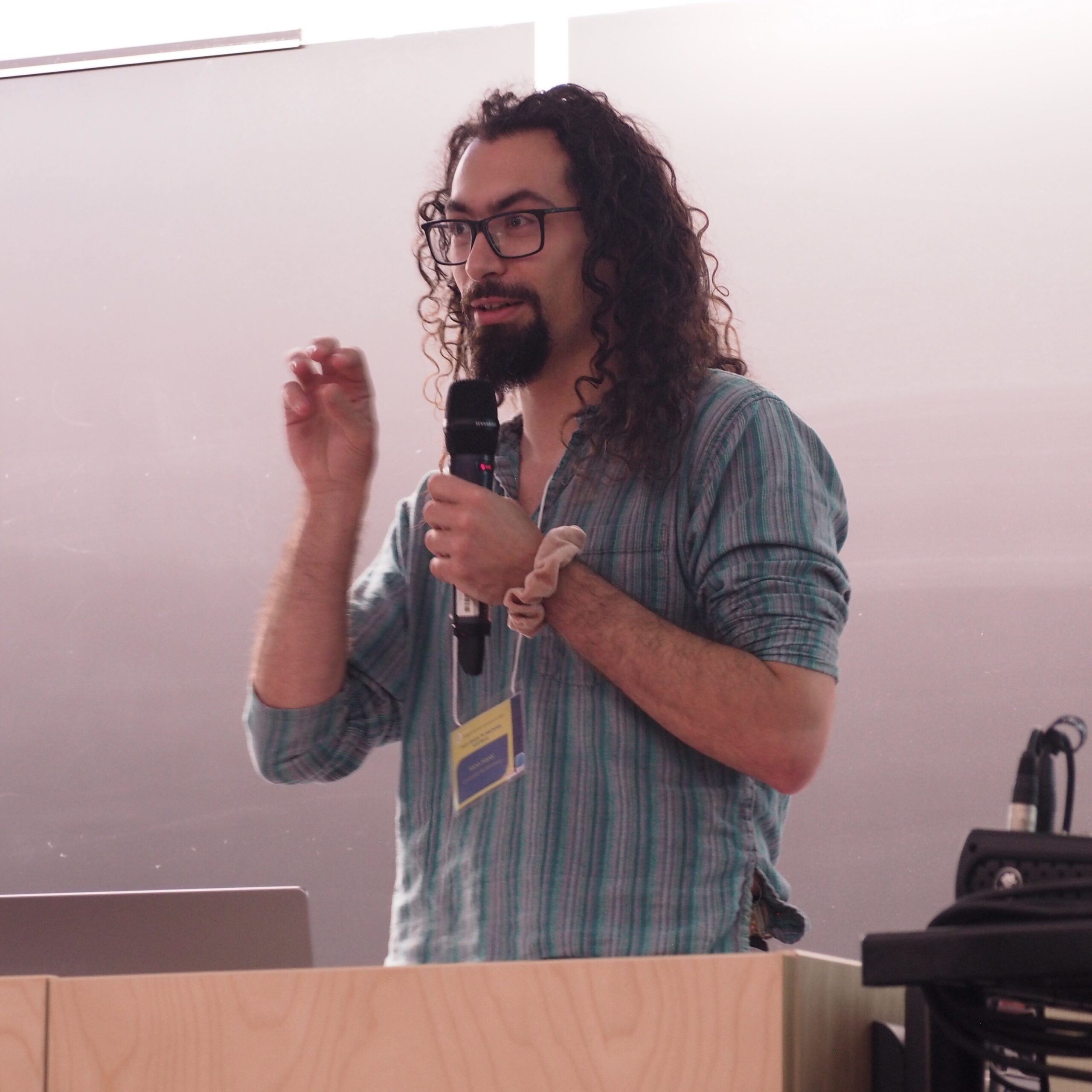
Yann Harel
Université de Montréal
Speaker

Helen J. Huang
University of Central Florida
Panelist
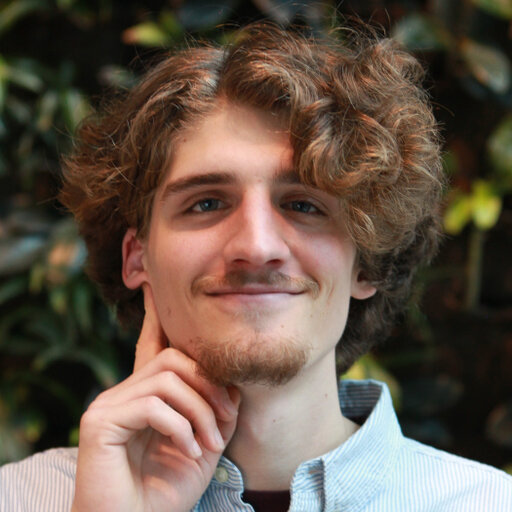
François Lespinasse
Université de Montréal
Speaker
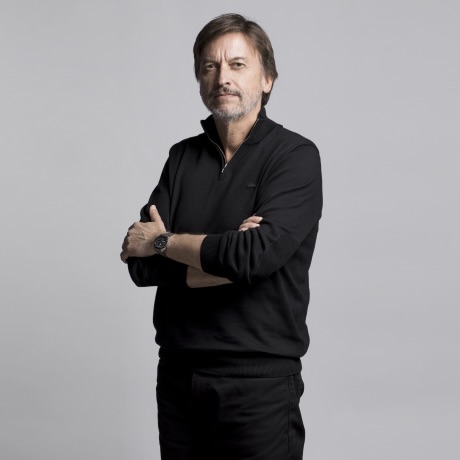
Jean-Marc Lina
École de Technologie Supérieure
Panelist
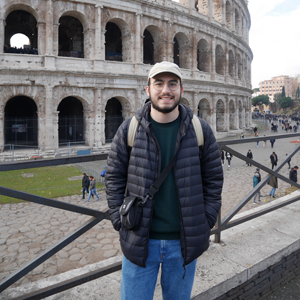
Filip Milisav
McGill University
Speaker

Bratislav Misic
McGill University
Speaker / Panelist
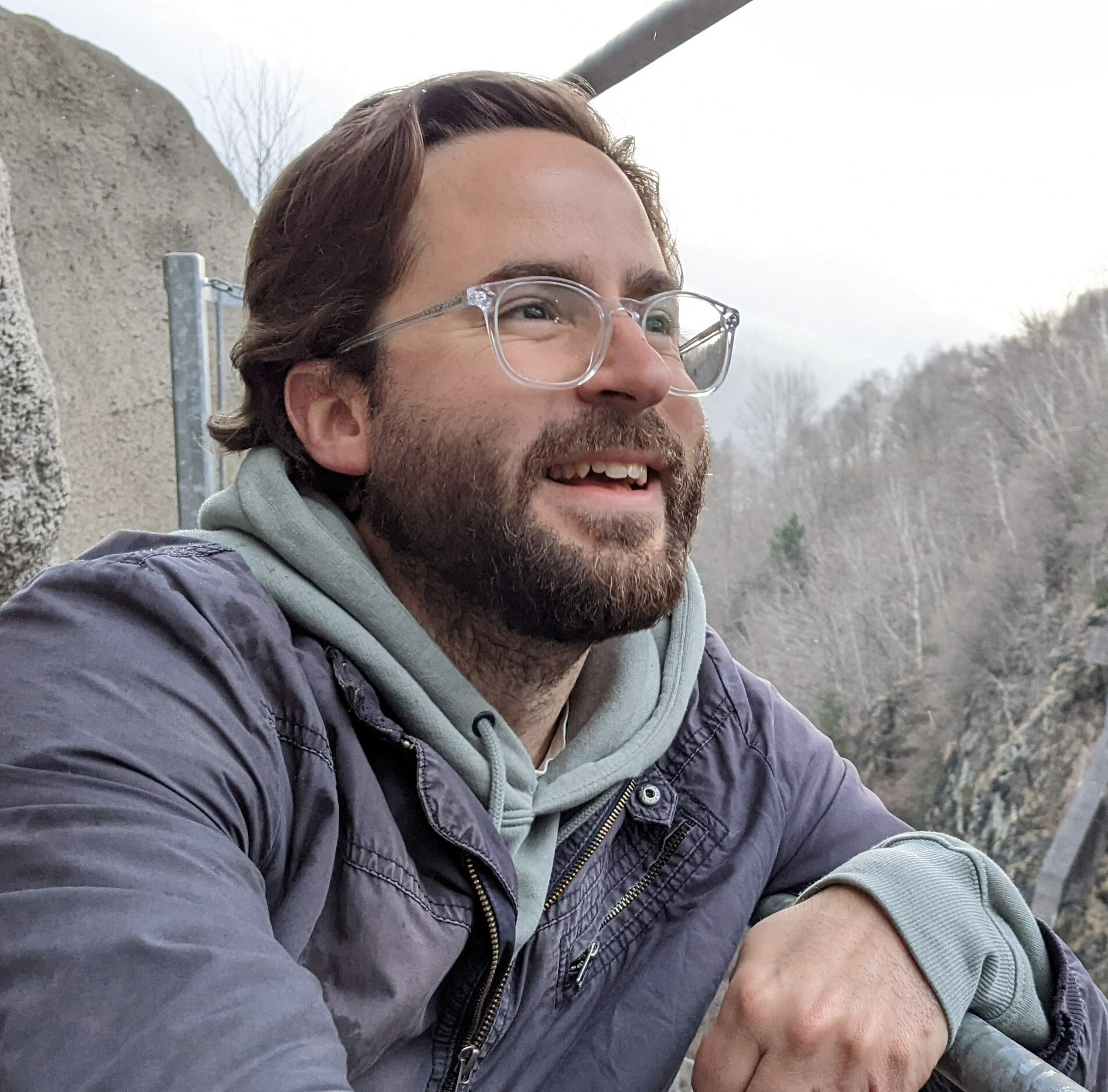
Jordan O’Byrne
Université de Montréal
Panelist
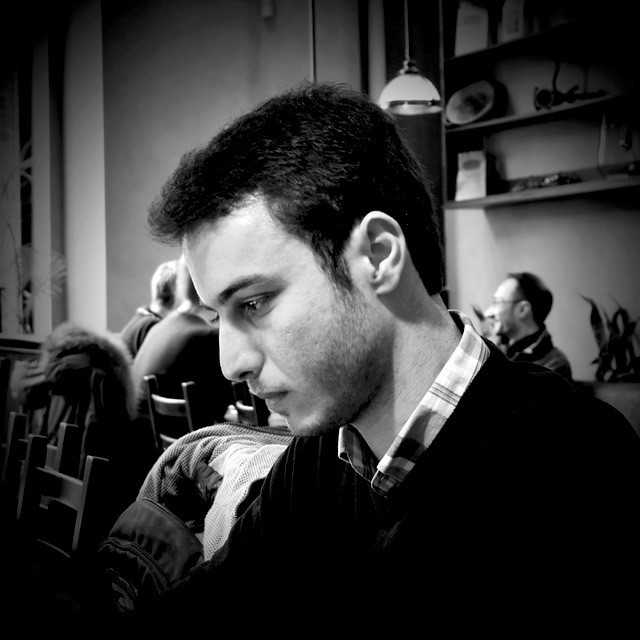
Mohammad Yaghoubi
McGill University
Panelist
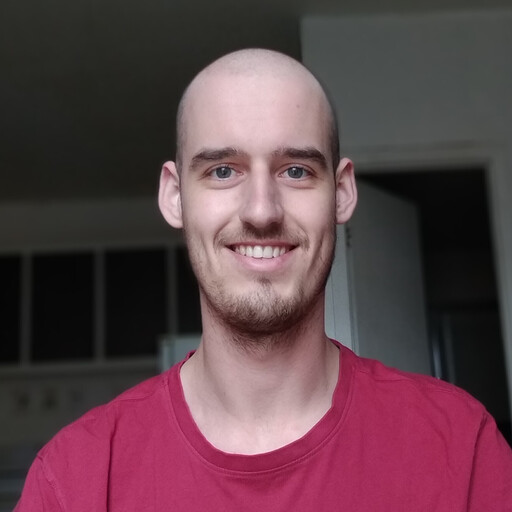
Philipp Thölke
Université de Montréal
Speaker
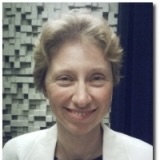
Caroline Palmer
McGill University
Speaker / Panelist
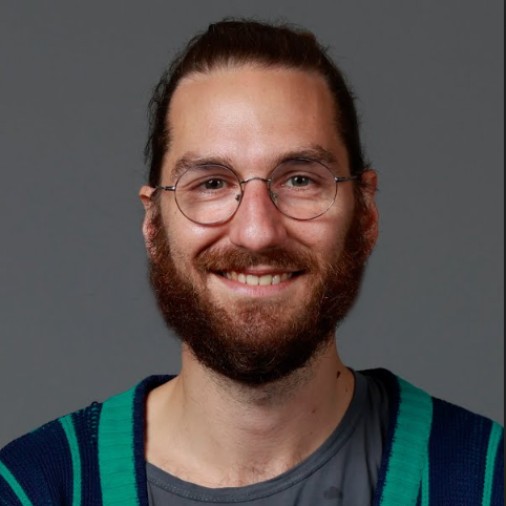
Antoine Bellemare Pépin
Concordia University
Speaker / Panelist
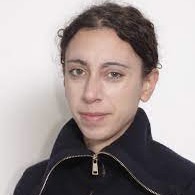
Anna Zamm
Aarhus University
Speaker / Panelist
Moderators and Session Chairs

Lena Adel
McGill University
Moderator

Emily Coffey
Moderator / Session Chair
Speaker
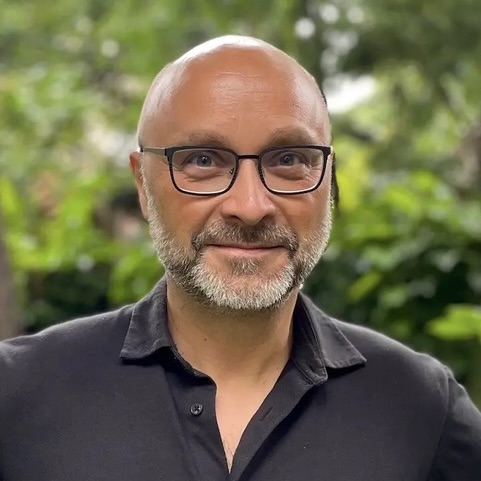
Sylvain Baillet
McGill University
Moderator
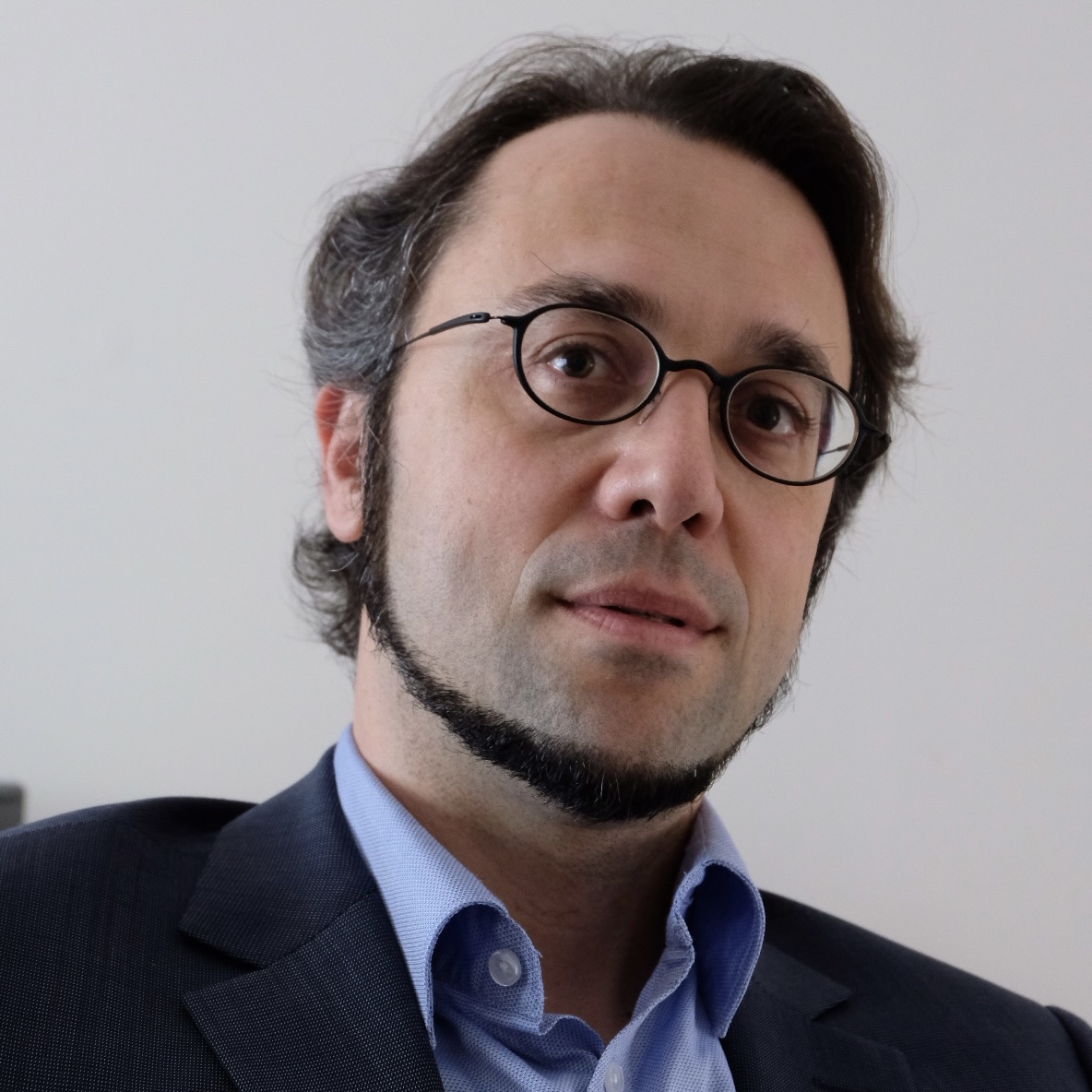
Simone Dalla Bella
Université de Montréal
Session Chair

Anne Gallagher
Université de Montréal
Session Chair

McGill University
Université de Montréal
Session Chair

Yann Harel
Université de Montréal
Moderator

Karim Jerbi
Université de Montréal
Moderator / Session Chair
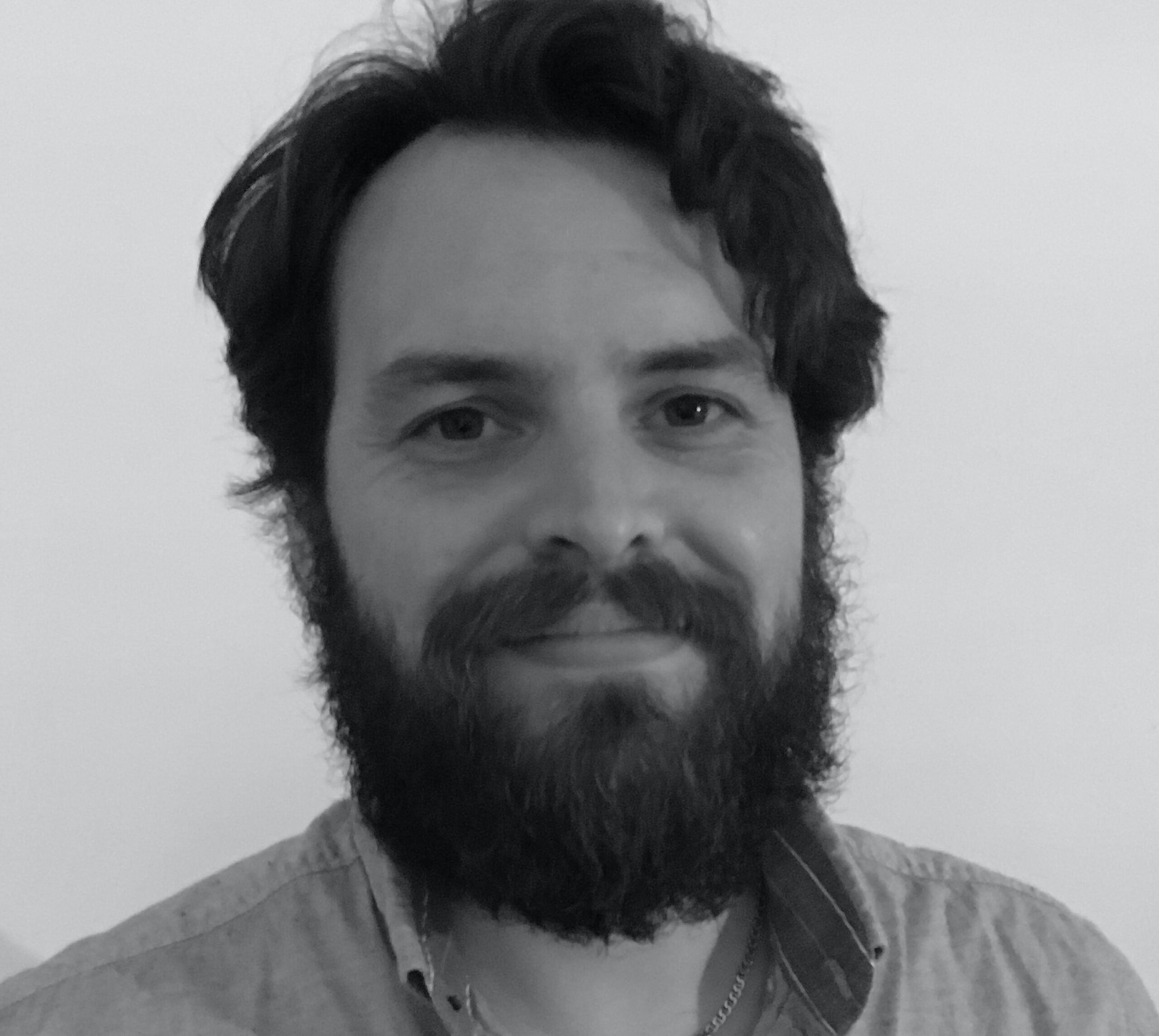
Mathieu Landry
Université de Montréal
Session Chair
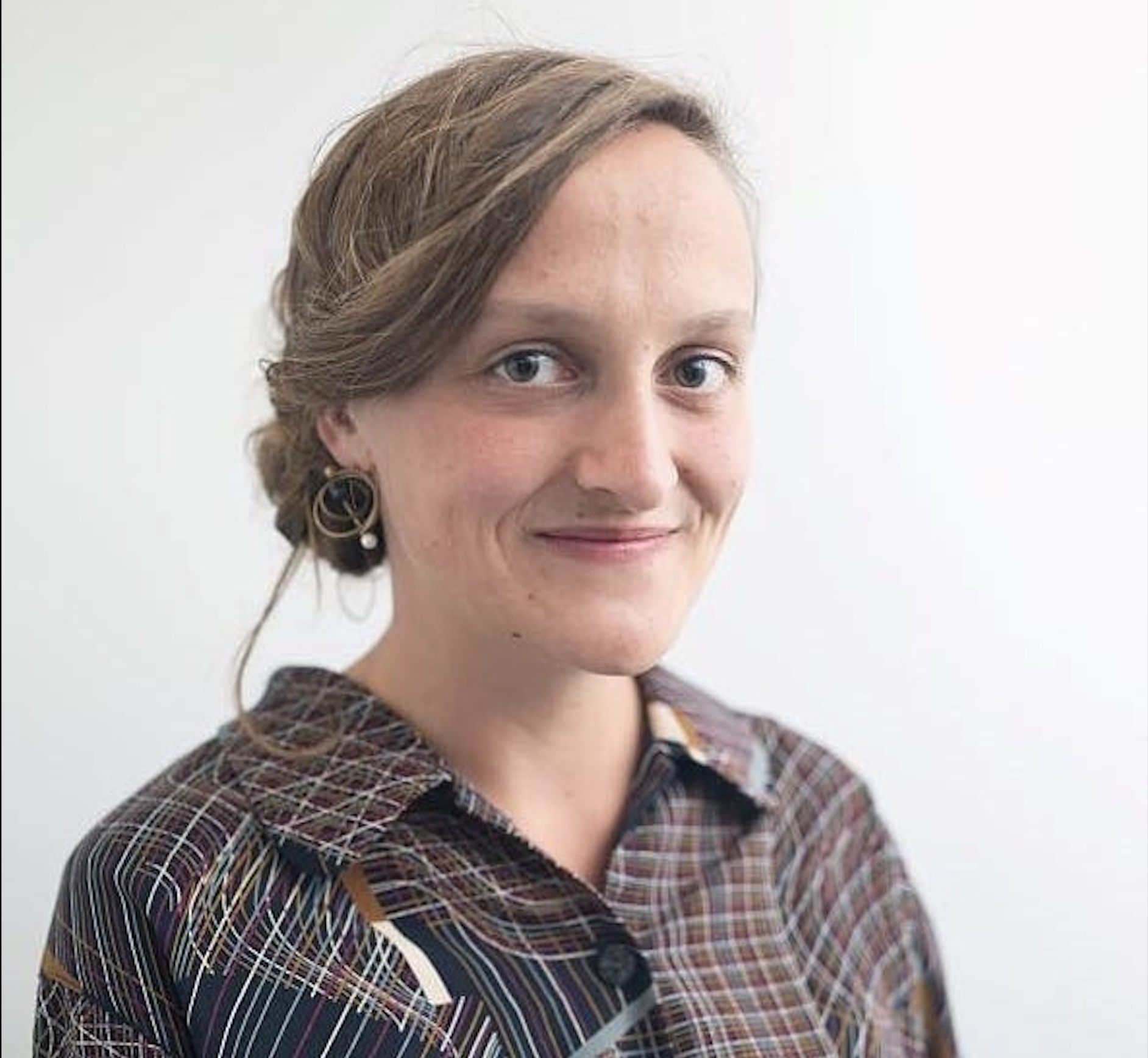
Charlotte Maschke
McGill University
Moderator
Register for the Montreal Garden
Registration form
Please click on the icon to register
Registrations are open! Make sure to get your ticket and join us.
%
Registration/max capacity
Instructions
· The form is to attend the Montreal Garden only.
· To register it is mandatory to first become a member of CuttingEEG.
· Further details will be announced soon. Make sure to follow us on twitter @ai_unique
Lightning Talks
· The work submitted should be related to EEG and/or MEG.
· To submit your work please fill out this form.
· Prizes will be awarded during the closing remarks on Oct 19th
Evaluation Criteria
· Layout of poster (clarity, organization) /25%
· Content of research (clarity and conciseness of the poster presentation) /25%
· Oral presentation skills (engagement, demonstrated knowledge) /25%
· Overall Impact (potential to make a novel contribution to the field) /25%
Important dates
· Registrations close on Octobre 15th.
· If you want to present a lightning talk, the deadline to submit an abstract is Octobre 9th.
Registration Fee
· The Montreal garden is free.
· However, to register you have first to become a Cutting EEG member (50 Euros fee).
Venue – How to reach the Montreal Garden

Venue
The conference will be held at the amphitheater Le Groupe Maurice at the CRIUGM (Centre de Recherche de l’Institut Universitaire de Gériatrie de Montréal), University of Montreal. Please note that the venue is located near the main UdeM campus and close to the Oratoire St Joseph and can be easily reached by bus and metro (Côte-Des-Neiges and Snowdon Station).
Coming to Montreal by TRAIN
Situated in downtown Montreal, the Montréal Central train station is well-connected to numerous Canadian cities, including Quebec City, Ottawa, and Toronto. You can find more information about train routes and schedules at the following link: https://www.viarail.ca/en/explore-our-destinations/stations/quebec/montreal
The train station is also conveniently located near a metro station, making commuting upon arrival easy.
Coming to Montreal by BUS
Montreal boasts a sizable bus station that connects the city with various destinations throughout Quebec and Canada.
Coming to Montreal by CAR
Getting to Montreal by car is straightforward, as the city is well-connected to the rest of Quebec and Canada through highways such as:
- Autoroute 20
- Quebec Autoroute 40
- Highway 417
- Highway 28
- Further details about traffic conditions can be found at this link: https://mobilitymontreal.gouv.qc.ca/network-condition/traffic/
- Nearly all areas of the city can be accessed using these highways. If you are traveling to Montreal by car, there are more than 450,000 parking spaces available at various locations throughout the city. Additionally, you can rent cars to move around the city and the province of Quebec using services like communeAuto. There are also several ridesharing services, such as Kangaride, that are commonly used to explore the city.
Coming to Montreal by PLANE
Montreal Airport, officially named Montreal-Pierre Elliott Trudeau International Airport, is the international airport serving Montreal Island, located 20 km away from the city center. YUL Airport offers non-stop flights to North America, South America, Europe, Asia, and Africa. It serves as a hub for Air Canada, Air Transat, and OWG. The airport is connected to a line of express buses (The 747: 24/7 shuttle service) that make commuting to and from the city center convenient.
Accommodation
We highly recommend finding accommodation in Downtown Montreal or Côte-Des-Neiges. The conference venue can be easily accessed by bus, metro, or even walking from these areas. Multiple-journey tickets can be purchased at metro stations, while cash is required to pay for bus journeys. For accommodation options, you can visit the official Montreal Accommodations website, where you’ll find a comprehensive list of hotels, hostels, student hostels, and last-minute offers: https://www.mtl.org/en/Accommodations
Contact the Montreal team

Karim Jerbi

Guillaume Dumas

Emily Coffey

Mathieu Landry
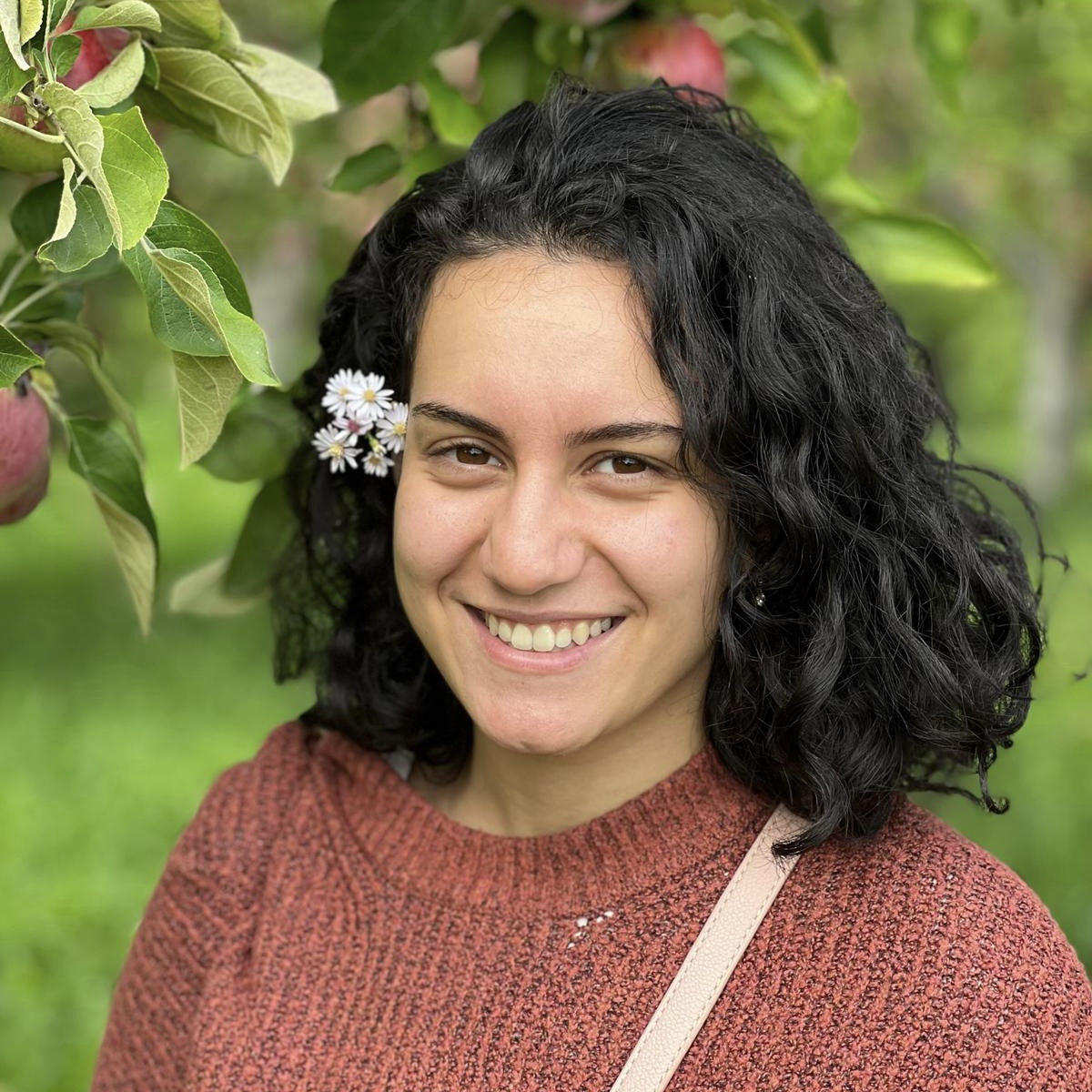
Clara ElKhantour

Hamza Abdelhedi
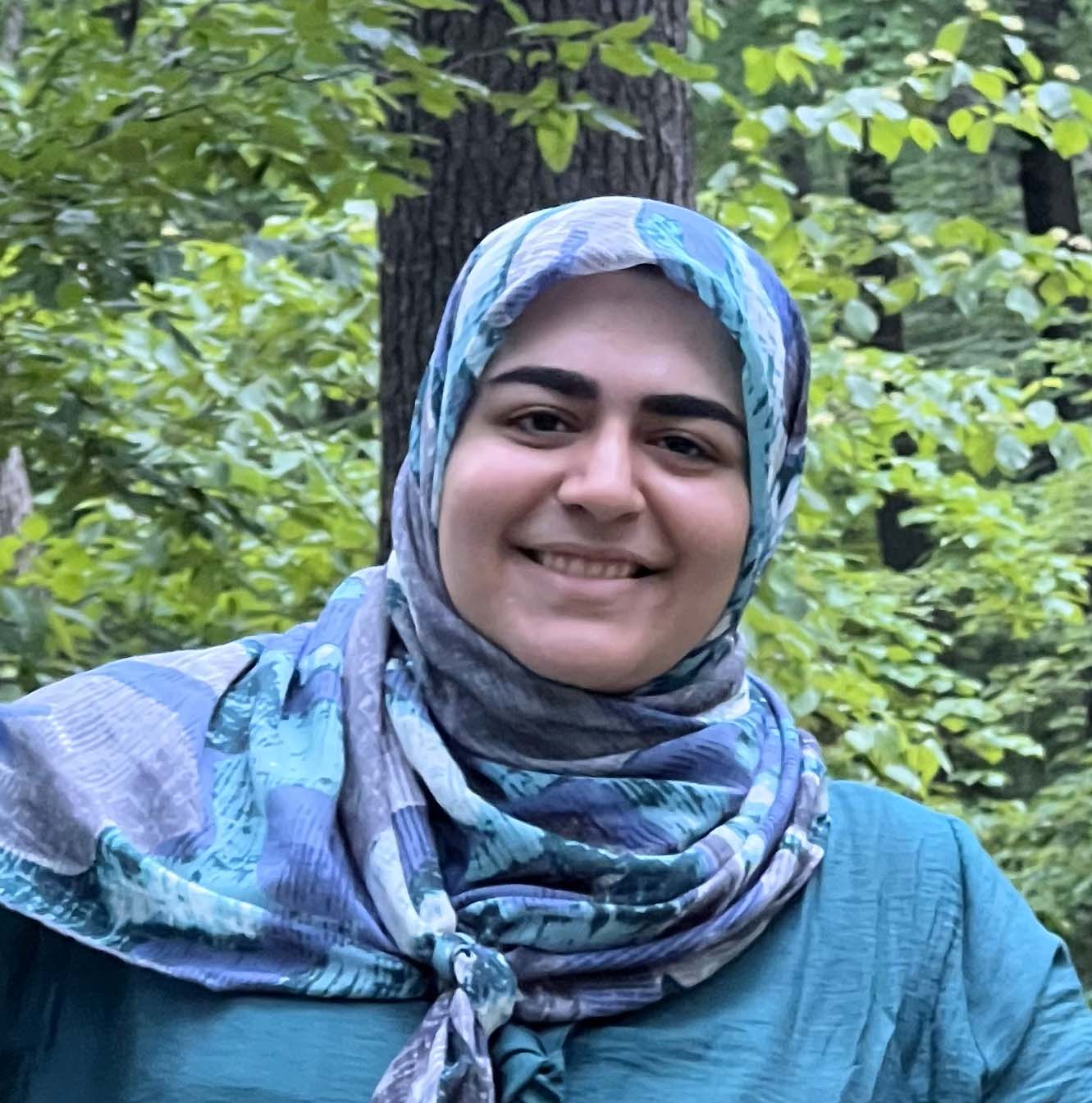
Motahareh Pourrahimi

Nanda H krishna

Léa Barada

Madina Benbouzid
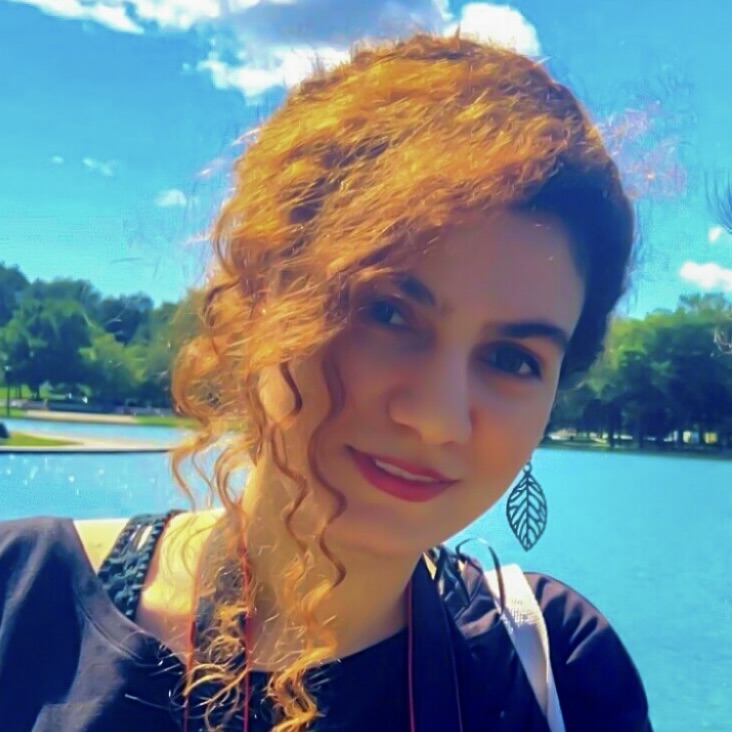
Nilofar Gharesi
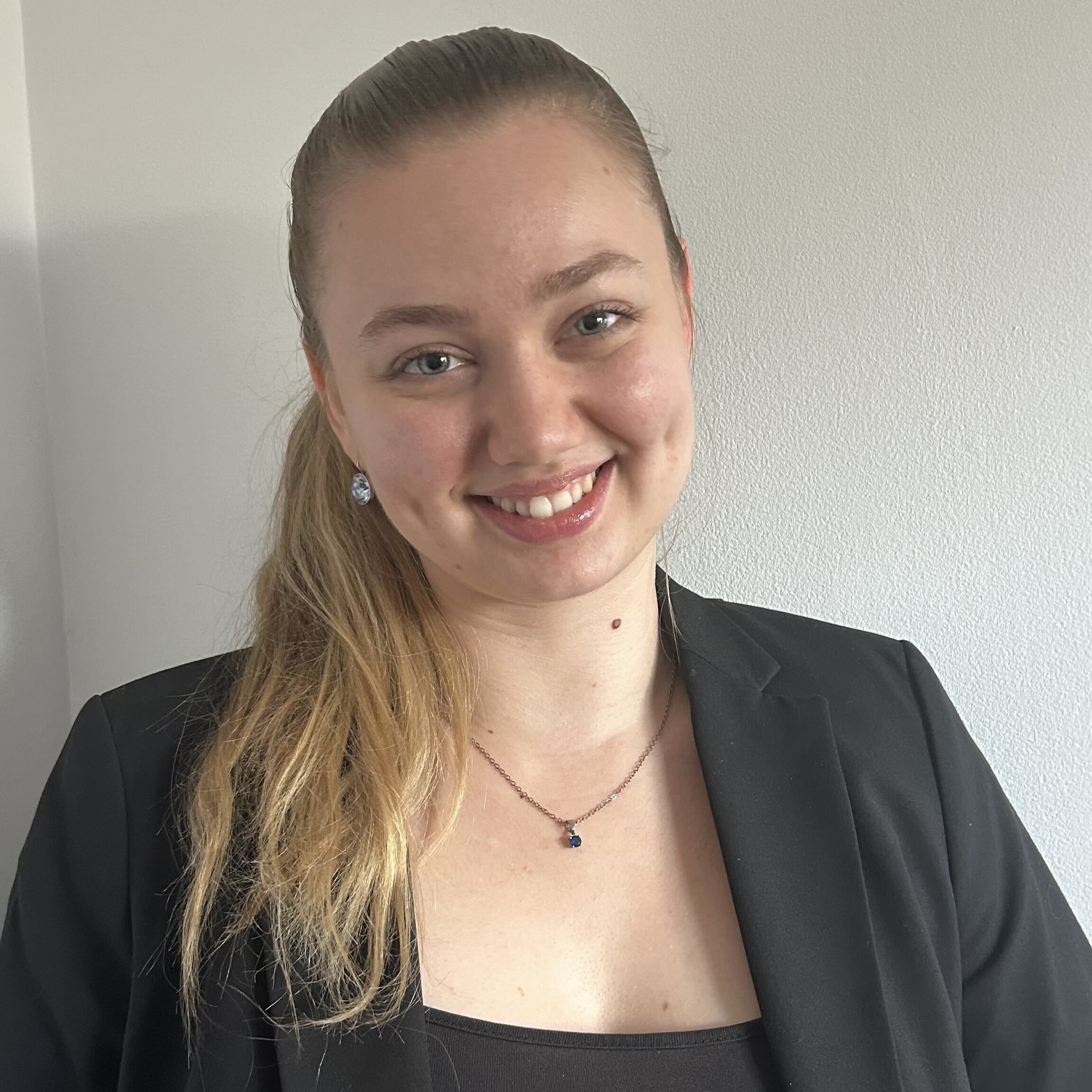
Audrey Laurin
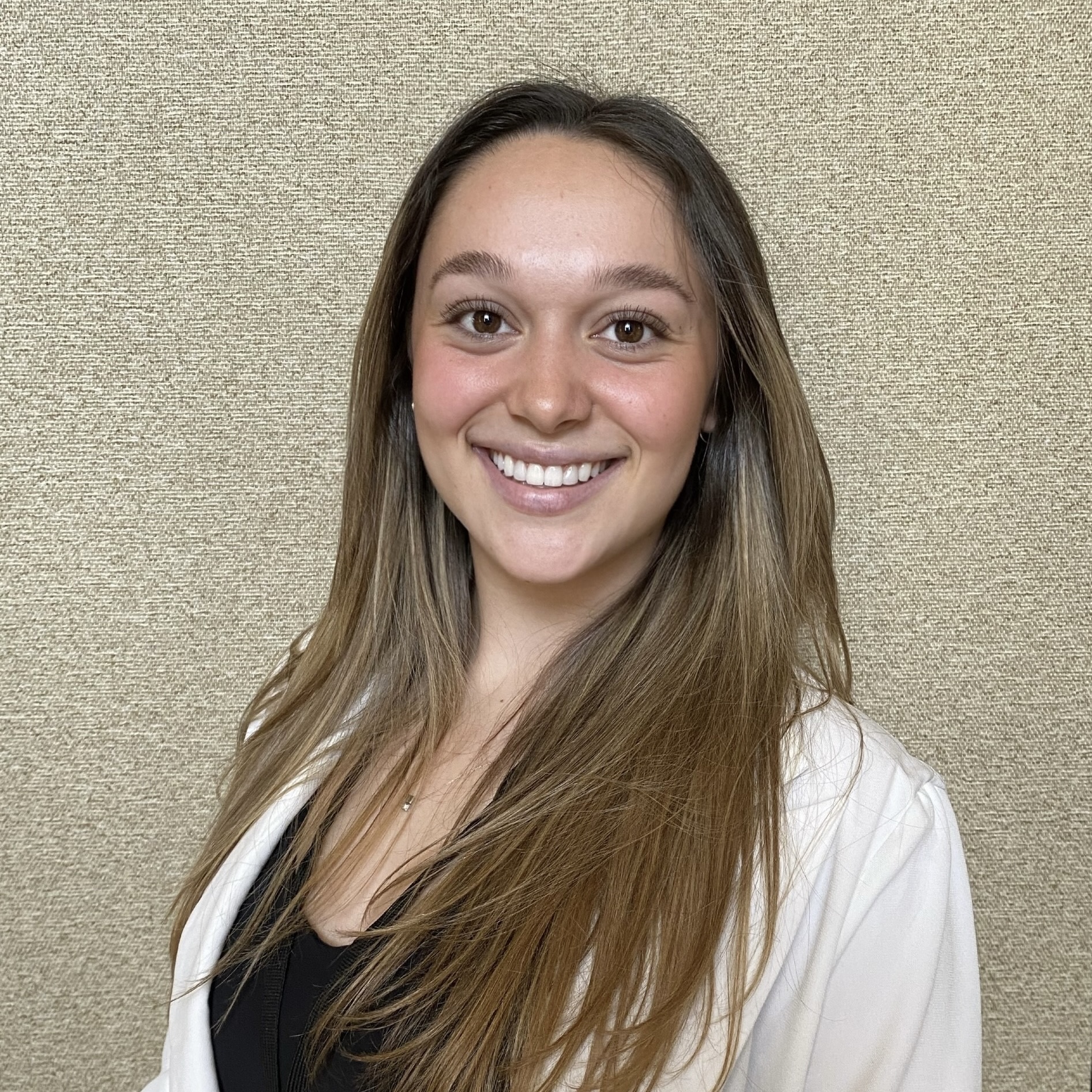
Roxanne Leblanc

Anne Monnier
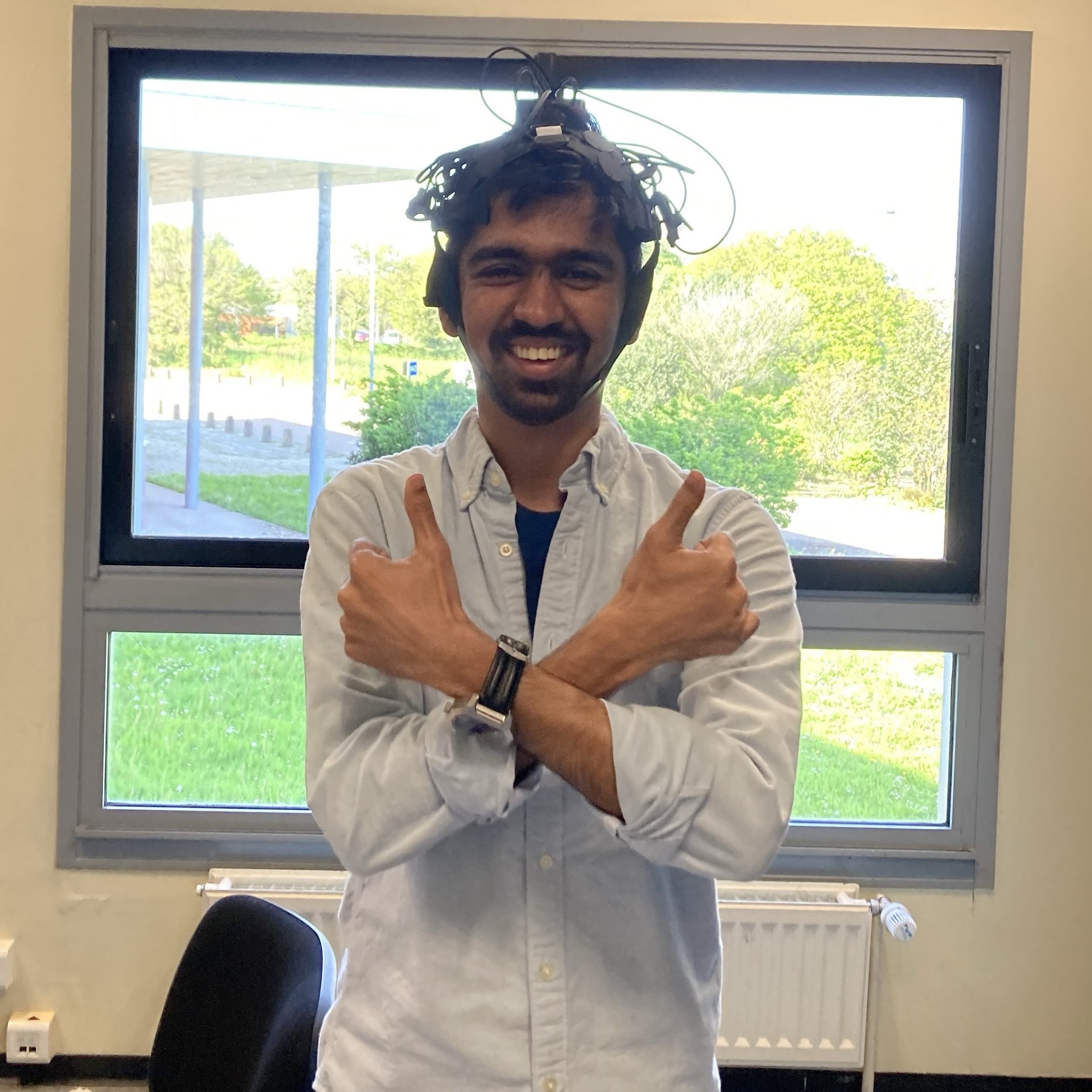
Venkatesh Subramani
The UNIQUE center strives to build a community where acceptance and respect are among its most important values. Behavior that violates the code of conduct will not be tolerated. Anyone engaging in such behavior will be banned or expelled from this event.
The main important concept ruling this code of conduct is respect. Respect can take many forms:
- respect of the origins (physical appearance, nationality, ethnicity, etc.)
- respect of the beliefs (religious, cultural, etc.)
- respect of the age
- respect of the gender identity (or preferences)
- respect of the status
- respect regarding physical or mental handicap
- respect regarding personal experiences (academic and others)
- respect regarding differences in general
Difference is what makes each individual unique, and what allows each of us to bring our special contribution to our research community. It shouldn’t be used to discriminate, it should be encouraged and supported.
Reporting: Should you encounter a situation that makes you or anyone else feel unsafe or unwelcome, please report it as soon as possible to any member of our team presented above or to our email. We will proceed to appropriate actions.

